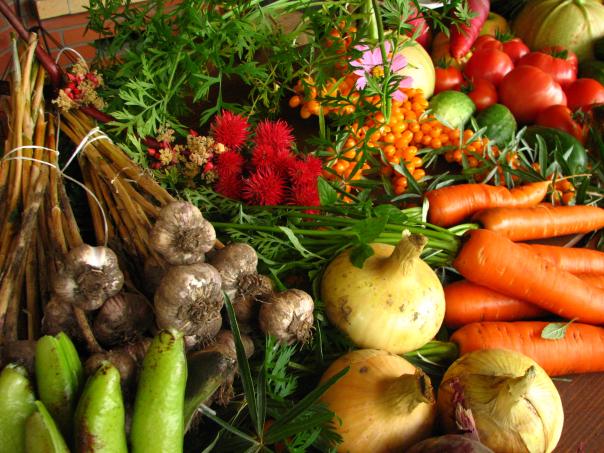
Overall, the market has dipped by 1.5% as the UK continues through its most challenging economic downturn for many decades. However, the report predicts a positive future for the UK organic market.
Jim Twine, Soil Association Business Development Director said the horsemeat scandal had also had a positive impact, if figures from Kantar Worldpanel were to be believed.
In February 2013, total supermarket organic sales had increased to their highest level in nine months, indicating consumers were choosing to buy organic as a guarantee of integrity.
Some Independent organic meat suppliers had also reported an increase in sales of up to 20% over the past month.
“Strong growth of the global organic market of 25% in the past three years along with urgent questions being asked about our reliance on cheap, low-quality, untraceable food and recent positive sales figures all suggest the market will return to growth.”
He said another key trend was the ‘Jamie Generation’ of ethically-aware consumers, with those under the age of 35 significantly increasing their average spending on organic products in 2012.
“In the worst economic downturn in living memory, it’s not surprising to find subdued sales of a wide variety of goods and services - and the UK organic sector is not immune to these.
“Despite a decrease in sales overall, there are areas of significant growth highlighted in the 2013 Organic Market Report. The Soil Association remains confident the UK organic market will return to growth – it is more difficult to know exactly when.
“There is a real risk that if retailers do not work more closely with UK organic farmers and growers, the market could become restricted due to supply shortages. The report shows that when retailers have invested in their organic range their share of the market grows – and the converted organic consumer remains very loyal.”